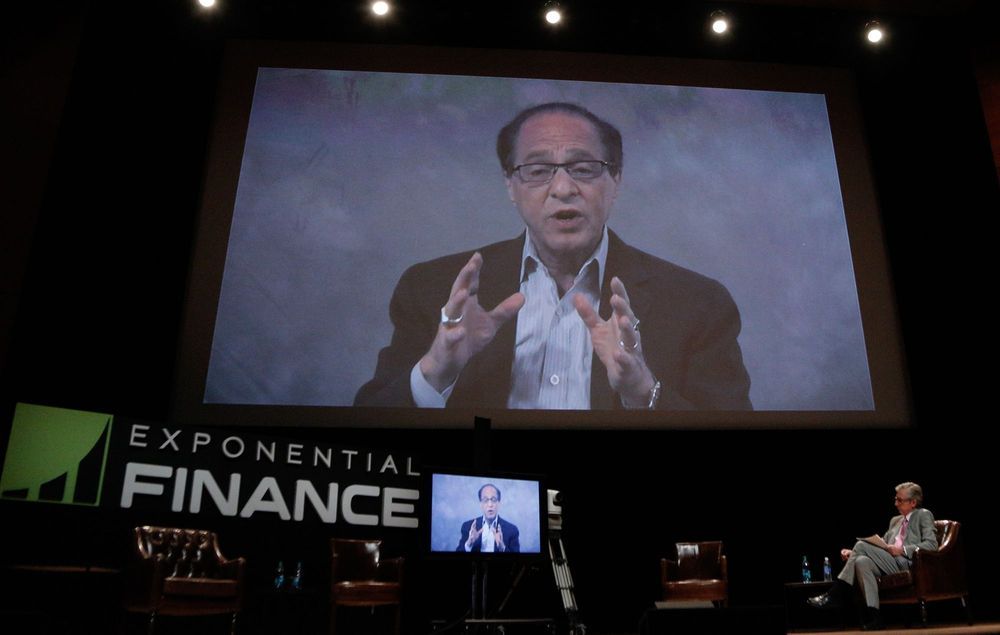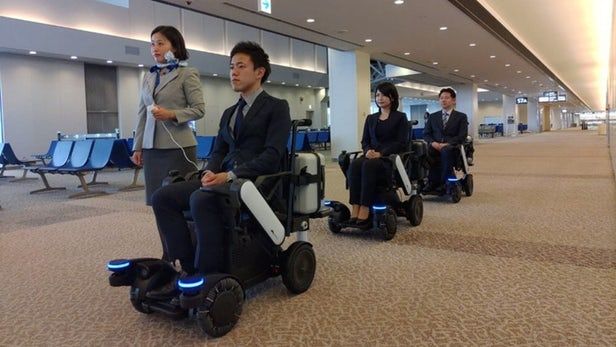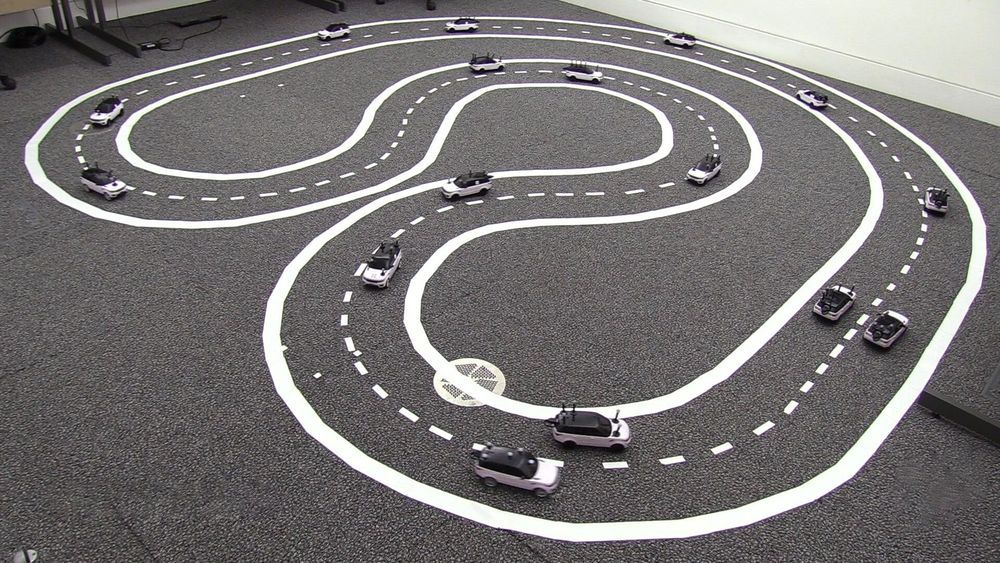Watching the algorithm work is like perusing a stock photo catalog from hell.



In less than two decades, you won’t just use your computers, you will have relationships with them.
Because of artificial intelligence, computers will be able to read at human levels by 2029 and will also begin to have different human characteristics, said Ray Kurzweil, a director of engineering at Google.
“My timeline is computers will be at human levels, such as you can have a human relationship with them, 15 years from now,” he said. Kurzweil’s comments came at the Exponential Finance conference in New York on Wednesday.

In a bid to help those with limited mobility get to the gate, Tokyo Narita International Airport is set to welcome a number of self-driving wheelchairs to its floors. With the ability to navigate the airport all on their own, the new wheelchairs are hoped to streamline foot traffic in one of Japan’s busiest airports and form part of a wider plan to boost mobility options at such facilities.

Visitors to The Dali Museum in St. Petersburg, Florida, will now be greeted by a digitally resurrected simulation of Salvador Dali. Created using machine learning and deepfake technologies, the digital Dali is programmed to communicate in novel ways, from commenting on the day’s weather to taking a selfie with museum patrons.

An innovative system to predict lung cancer could make a huge change in survival rates, with Google exploring how artificial intelligence could dramatically improve diagnosis rates. Despite advances in cancer treatment, lung cancer remains one of the most deadly diseases, not least because difficulty in identifying it among patients means it can often be too late to address.

In this post, Brett Schilke, Singularity University’s Director of Impact, asks us to consider whether exponential technologies like artificial intelligence can make us better people. He astutely observes the impact of his own interactions with AI-powered devices and invites you to do the same.

A fleet of driverless cars working together to keep traffic moving smoothly can improve overall traffic flow by at least 35 percent, researchers have shown.
The researchers, from the University of Cambridge, programmed a small fleet of miniature robotic cars to drive on a multi-lane track and observed how the traffic flow changed when one of the cars stopped.
When the cars were not driving cooperatively, any cars behind the stopped car had to stop or slow down and wait for a gap in the traffic, as would typically happen on a real road. A queue quickly formed behind the stopped car and overall traffic flow was slowed.